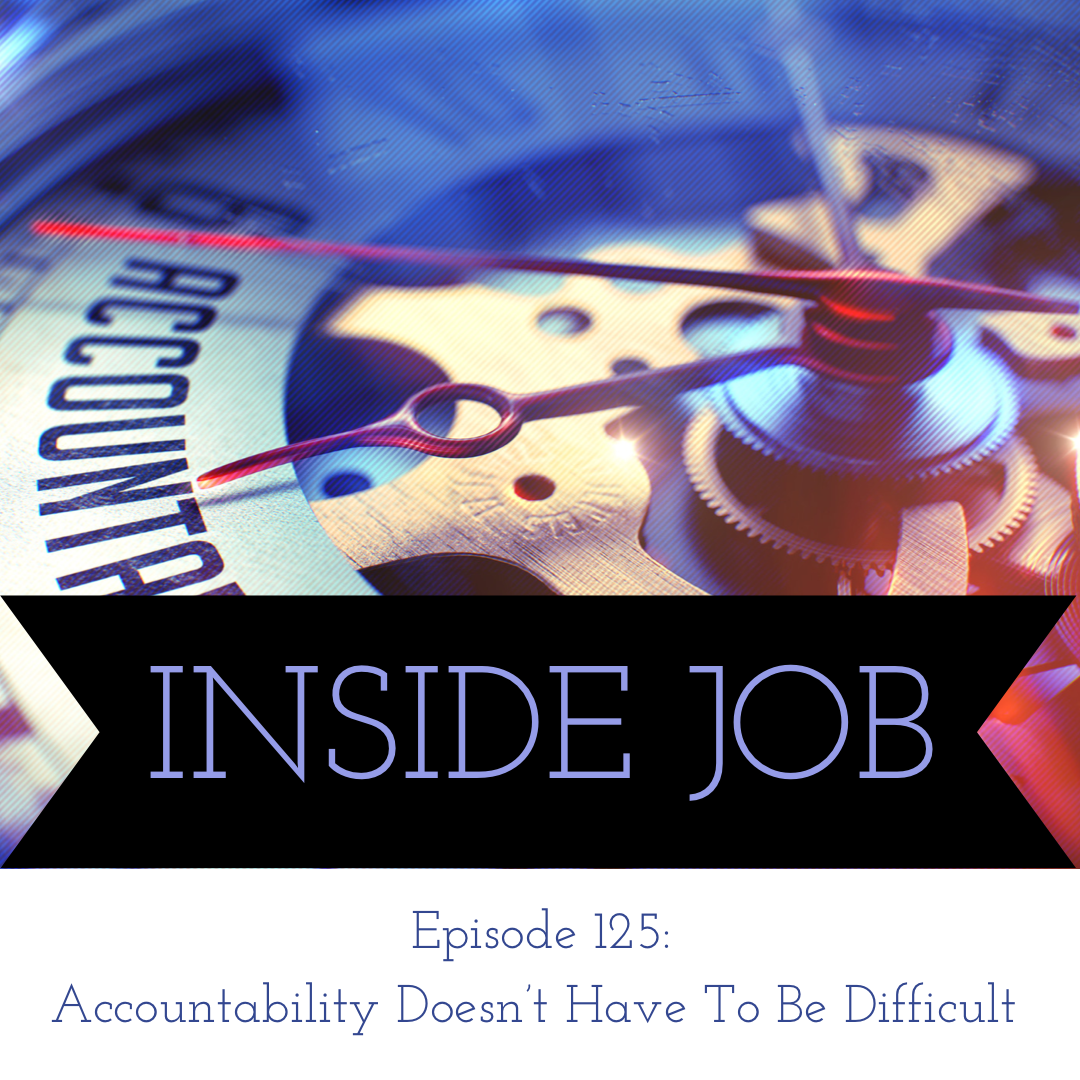Episode 125: Accountability Doesn't Have to Be Difficult
Apple Podcasts | Spotify | Android Devices | RSS
We open today’s show by mentioning the accountability and rage-parenting Venn diagram that we return to later in the episode. Then we explore the differences between responsibility and accountability and why micromanagement is not necessary.
And while accountability is the neutral reporting of what did or did not happen, the stories we tell ourselves may layer on feelings like disappointment or panic. But those are not required parts of accountability.
We also share how great leaders provide opportunities for accountability where people are empowered to create a plan, perform as needed, and check in for follow-through. We move on to discuss ****Kim Scott’s Radical Candor Framework and how it allows us to care personally for the success of others while directly challenging each other to make progress.
And we recognize ownership, clarity, planning, and measurement (like milestone tracking) as essential to accountability. Because if we don’t clarify what’s supposed to happen, we operate from expectations that may not be accurate.
We share the two-ingredient recipe for accountability casserole, including how conversations about our observations and the results we see allow us to reach our goals. And we explore the ongoing process of accountability generates alignment, conversation, teamwork, recognition, reward, coaching, and development.
So whether it’s completing a project at work or getting our children to clean up the kitchen, clarifying expectations and providing accountability really can lead to greater outcomes.
If you’d like to explore your own relationship with accountability, we’d love to hear from you.
In Our Conversation Today, We’re Exploring:
The connection between great leadership and accountability and why micromanagement isn’t required for successfully holding someone accountable
How ownership, clarity, measurement, and planning play major roles in providing accountability to ourselves and others
What we mean when we say accountability is a process and how Kim Scott’s Radical Candor Framework can help us move through that process without feeling like the “bad guy”
What’s in an accountability casserole (or cake…) and how those ingredients can help us reach our goals
What’s at play in the rage-parenting accountability Venn diagram and how clarifying expectations and providing accountability can prevent issues down the road at work and at home
Here’s a preview of what we discussed in today’s episode.
We open today’s show by mentioning the accountability and rage-parenting Venn diagram that we return to later in the episode. Then we explore the differences between responsibility and accountability and why micromanagement is not necessary.
And while accountability is the neutral reporting of what did or did not happen, the stories we tell ourselves may layer on feelings like disappointment or shame. But those are not required parts of accountability.
We also share how great leaders provide opportunities for accountability where people are empowered to create a plan, do their work in a certain way, and check in for follow-through. We move on to discuss ****Kim Scott’s Radical Candor Framework and how it allows us to care personally for the success of others while directly challenging each other to make progress.
And we recognize ownership, clarity, planning, and measurement (like milestone tracking) as essential to accountability. Because if we don’t clarify what’s supposed to happen, we operate from expectations that may not be accurate.
We share the two-ingredient recipe for accountability casserole, including how conversations about our observations and the results we see allow us to reach our goals. And we explore the ongoing process of accountability generates alignment, conversation, teamwork, recognition, reward, coaching, and development.
So whether it’s completing a project at work or getting our children to clean up the kitchen, clarifying expectations and providing accountability really can lead to greater outcomes.
If you’d like to explore your own relationship with accountability, we’d love to hear from you.
Resources mentioned in this episode:
Kim Scott’s Framework, Radical Candor
Kim Scott’s Radical Candor, Big Speak Video
After Action Plan, Center For Evidence-Based Management
Connect with us:
Love the Inside Job? Consider buying us a coffee!
Follow @insidejobpodcast on Instagram, LinkedIn, and Facebook
Email us with your questions, thoughts, or ideas for future conversations at info@insidejobthepodcast.com.
Subscribe to the Inside Job newsletter to receive exciting updates for our community, such as exclusive access to coaching, extra content, our hosts, and each other.
Getting something out of our conversations? Show our podcast some love.
Please subscribe on iTunes, Spotify, or your favorite podcast app and tell your friends.

